What you should know about IGCSE, the popular SPM alternative
In recent years, IGCSE has seen an increase in enrollment. However, some parents are still uncertain about what exactly it is. Why choose IGCSE? Is it beneficial or detrimental to take IGCSE instead of SPM? What exactly would the difference be? Is there any risk taking this course? Can my child obtain a job or enrol in a public university with IGCSE without SPM?
IGCSE may sound complicated if you don’t know what it is. But don’t worry, below list all the details you will need to know.
1. What is IGCSE?
IGCSE is the abbreviation for “International General Certificate of Secondary Education”. It is equivalent to Malaysia’s SPM qualification which is usually undertaken by students aged between 14 to 16. It is equivalent to Malaysia’s SPM level.
The IGCSE curriculum is developed by Cambridge International Examination (CIE), while the SPM curriculum is compiled by the Malaysian Ministry of Education (MOE) (Ministry of Education).
Nevertheless, IGCSE is more widespread and internationally recognised in almost all English-speaking countries. Meanwhile, SPM is only acknowledged regionally (in Malaysia).
IGCSE is the ideal alternative, especially if you intend your child to study or work abroad, wanting to keep your options open on an international level education, or simply wish your child to have an internationally recognised qualification.
In comparison to National and Chinese Independent high school teaching methods, IGCSE adopts a more open and relaxed approach.
2. What are the differences between the IGCSE and SPM curriculum? Specifically, History (Sejarah) and the Malay Language.
CIE (Cambridge International Examination) designs the IGCSE curriculum but individual schools determine the course content and textbooks. As a result, various schools’ course content and textbooks may vary.
Furthermore, IGCSE courses are based on the materials from the UK and Western countries, especially subjects such as Geography, History, etc. In terms of Mathematics and Science, while the topic emphasises critical thinking and problem solving, it is not inherently more difficult than SPM.

You can find the list of IGCSE subjects here:IGCSE official subjects
According to parents, IGCSE is much easier to pass than SPM, however it is arduous to obtain an A in the examination.
3. When is IGCSE Examinations?
Unlike SPM, IGCSE offers examinations twice a year, in May/June and October/November. Results will be issued in August and January every year.

4. How do you join IGCSE program in Malaysia?
Numerous private schools in Malaysia offer the IGCSE programme, allowing parents to send their children to schools for a comprehensive British education. However, the quality of the education in each private school varies, so you must conduct research, plan ahead and choose the right school.
If parents do not wish to send their children to school, they may also choose to take the self-examination; nevertheless, they must still pass the Cambridge certification and be accepted as private candidates before taking the exam.
5. Must my child be proficient in English in order to pursue IGCSE studies?
The medium of instruction of IGCSE is in English, thus the student’s proficiency in the language should not be too poor. If the child’s foundation in English is not strong enough, it is preferable to begin strengthening the child’s English proficiency in Standard 4,5, and 6.
You may consider English language centres on the market. Even though English is important in IGCSE, the curriculum focuses on students’ general knowledge and ability to form and defend their opinions.

6. Will it be difficult to acquire a job in Malaysia with an IGCSE (but no SPM) certificate?
Students who take IGCSE to broaden their opportunities at international level.
Unless landing a government career is in your plans, or attending a public university (such as University Malaya), Bahasa Melayu and Sejarah (History) are compulsory subjects in Malaysia, with a minimum credit (grade-C) in Bahasa Melayu and a pass in Sejarah.
In this case, your child can just apply for the compulsory subject of SPM: Bahasa Melayu & Sejarah. For more information, you may contact the District Education Department (Pejabat Pendidikan Daerah, PPD) or the State Education Department (Jabatan Pendidikan Negeri, JPN).

7. Can I transfer to a government secondary school to continue my studies if I changed my mind halfway through IGCSE?
In general, students who are attending private schools can still transfer back to the public schools (primary or secondary schools) as long as they have completed the Ministry of Education’s withdrawal procedures and processes.
8. Is IGCSE tuition fees expensive?
The tuition fees for IGCSE are, needless to say, significantly higher than those for SPM. Most parents still prefer to enrol their children in private or international schools.
There is a wide range of quality among private schools, and parents need to be cautious and well-prepared in order to avoid wasting money and the children’s valuable school years.
In conclusion, there is no ideal educational system; rather, what you need is an education that is tailored to your specific needs and circumstances.

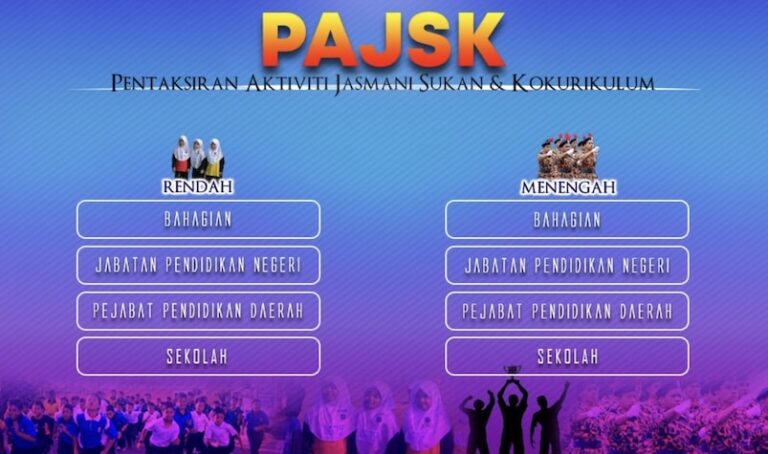
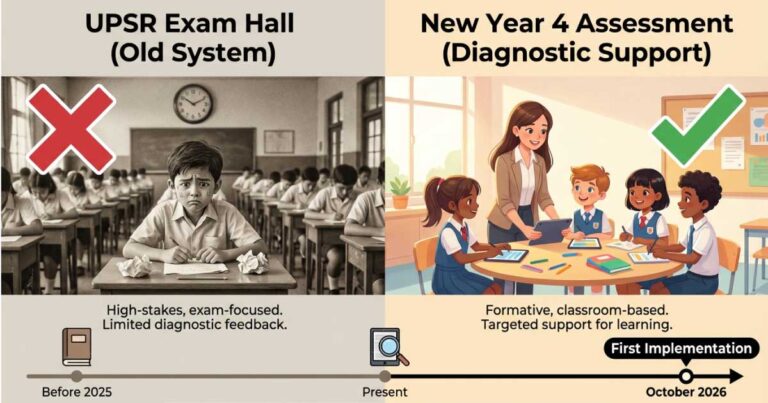

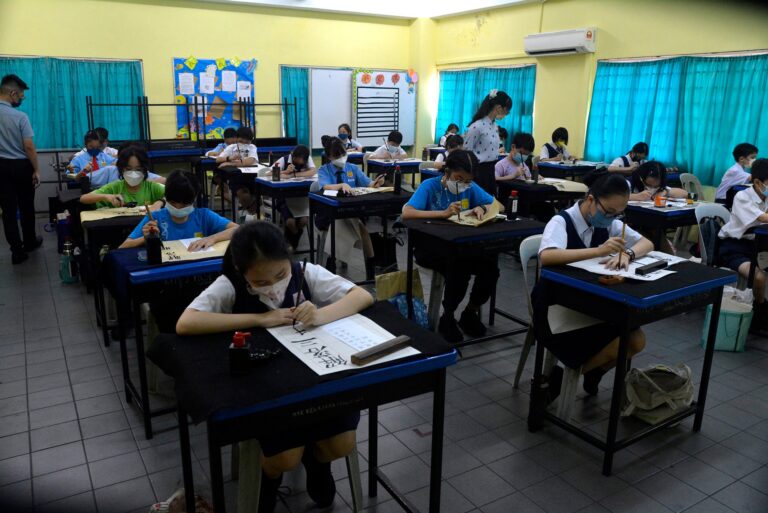
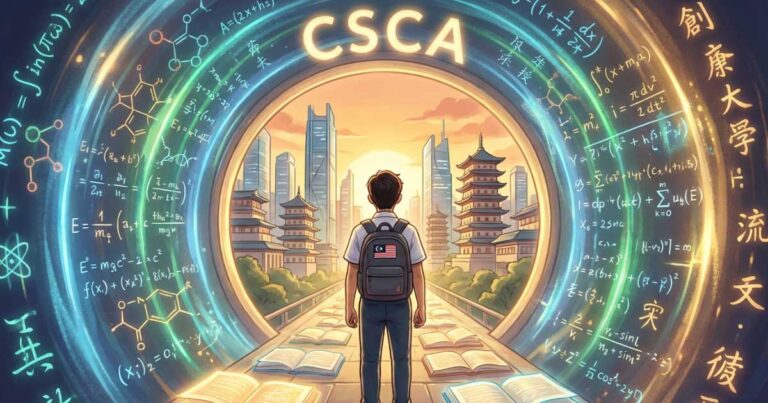
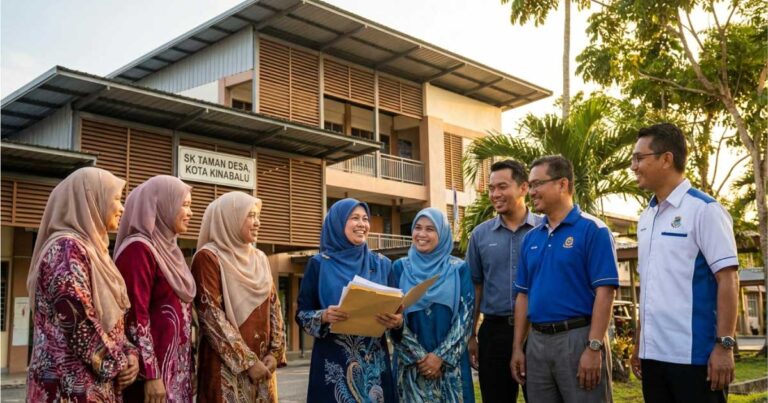
One Comment
Comments are closed.